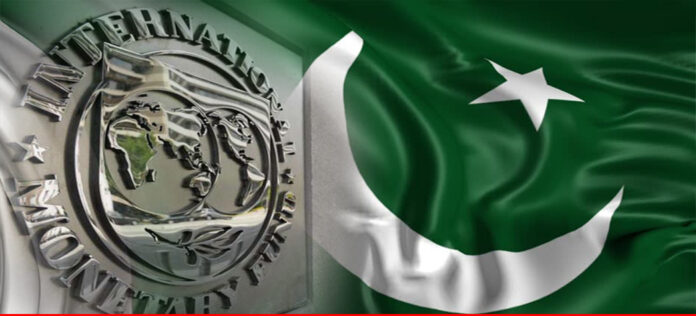ISLAMABAD: Pakistan has failed to meet the International Monetary Fund’s (IMF) demand regarding structural reforms in State-Owned Enterprise (SOEs), a condition set to restart the $6 billion loan programme, which has been stalled for about ten months now.
According to the details, the international financial institution had asked Pakistan to submit a new law in the parliament, aimed at modernising and defining the role of the state as owner, regulator and shareholder of SOEs, by September this year. The lender had also asked to sort SOEs into companies for sale, liquidation or retaining under state ownership.
Although the federal cabinet, after the Cabinet Committee on State-Owned Enterprises’ (CCoSOEs) approval, had ratified the SOEs Governance and Operations Act, 2020 draft law on September 16, neither was the law submitted to parliament nor was the triage of SOEs carried out before the deadline.
However, responding to Profit, Secretary Finance Kamran Ali Afzal said that the law and triage are in the final stages and would be submitted soon.
Sources who spoke to Profit said that the law proposes that commercial state-owned enterprises maintain independent procurement policies, complying with Chartered Institute of Procurement (CIP), with the federal government’s approval.
This draft law was prepared after the IMF technical mission carried out a detailed diagnostic study which identified key governance issues in the management of SOEs in the country.
As the IMF talks stall, Pakistan remains under serious economic pressure, exacerbated after Saudi Arabia demanded a $1 billion loan repayment and froze an oil credit facility worth more than $3 billion in August.
Earlier in the month, media reports stated that the government is likely to increase the power tariff by Rs3.30 per unit before December 31, to qualify for the restoration of the loan programme.




